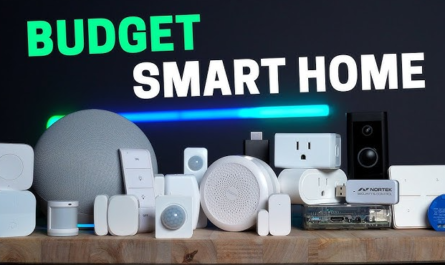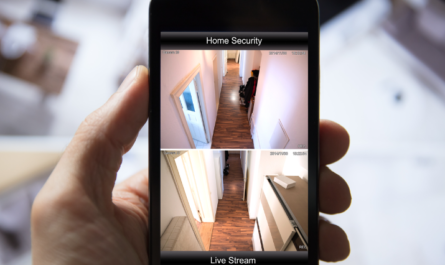As smart home technology continues to evolve, the role of the smart home hub becomes increasingly essential. Acting as the central control unit for connected devices, a smart home hub enables seamless communication and integration among various gadgets, providing users with greater convenience, automation, and control over their living spaces. With an array of options available on the market, choosing the right smart home hub can be overwhelming. In this article, we’ll compare some of the leading products to help you determine which one best suits your needs and preferences.
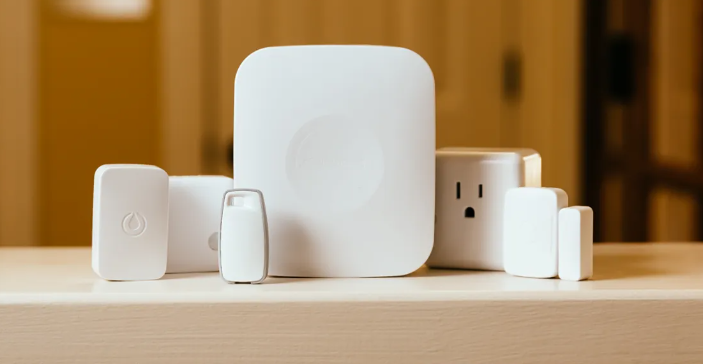
What is a Smart Home Hub?
A smart home hub serves as the nerve center of a connected home ecosystem, allowing users to manage and control compatible devices from a single interface. These devices can include smart lights, thermostats, security cameras, door locks, and more. A hub typically connects to a home’s Wi-Fi network and communicates with devices via various wireless protocols such as Zigbee, Z-Wave, or Bluetooth.
Factors to Consider When Choosing a Smart Home Hub
Before diving into the comparison, it’s essential to consider the following factors to determine which smart home hub aligns best with your requirements:
Compatibility
Ensure that the hub is compatible with the devices you already own or plan to purchase. Look for hubs that support popular protocols like Zigbee, Z-Wave, Wi-Fi, and Bluetooth.
Ease of Use
Consider the user interface and setup process of the hub. Choose a hub with an intuitive app or web interface that makes it easy to configure devices, set up automation routines, and monitor your home remotely.
Automation Capabilities
Evaluate the automation features offered by the hub, such as scheduling, scene creation, and integration with voice assistants like Amazon Alexa, Google Assistant, or Apple Siri.
Expansion Options
Think about your future needs and whether the hub supports expansion through additional devices or integrations with third-party services.
Smart Home Hub Comparison
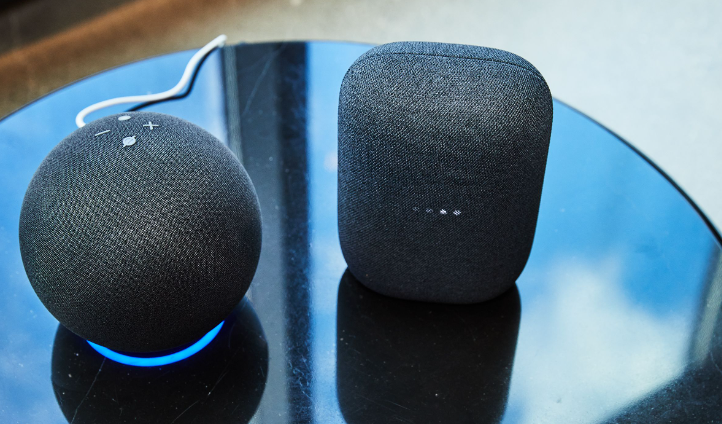
Now, let’s compare some of the top smart home hubs available on the market:
1. Samsung SmartThings Hub
- Compatibility: Works with a wide range of smart devices from various brands, including Samsung, Philips, and more. Supports Zigbee, Z-Wave, and Wi-Fi.
- Ease of Use: The SmartThings app offers a user-friendly interface for device setup, automation, and remote monitoring.
- Automation Capabilities: Allows users to create custom automation routines based on triggers like time of day, device status, or sensor inputs. Integrates with Amazon Alexa and Google Assistant for voice control.
- Expansion Options: Supports expansion through the addition of compatible sensors, switches, and other smart devices.
2. Amazon Echo Plus (2nd Generation)
- Compatibility: Works seamlessly with Alexa-enabled devices and supports Zigbee for direct control of compatible smart home devices.
- Ease of Use: Setup is straightforward using the Alexa app, and the hub’s built-in voice assistant makes it easy to control connected devices using voice commands.
- Automation Capabilities: Alexa Routines allow users to create custom automation sequences involving multiple devices and actions. Integrates with a wide range of third-party smart home products.
- Expansion Options: Can be expanded through the addition of Alexa-compatible devices and skills.
3. Google Nest Hub Max
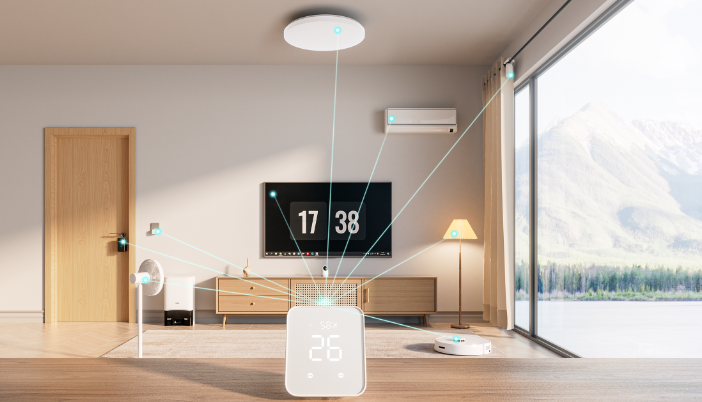
- Compatibility: Works with Google Assistant-enabled devices and supports Wi-Fi connectivity for controlling compatible smart home gadgets.
- Ease of Use: The Google Home app provides a simple interface for setting up and managing connected devices. The hub’s built-in display offers visual feedback and control options.
- Automation Capabilities: Google Assistant routines allow users to create personalized automation sequences based on specific triggers and conditions. Integrates with a variety of smart home brands and services.
- Expansion Options: Can be expanded through the addition of Google Assistant-compatible devices and services.
4. Apple Home Pod mini
- Compatibility: Works seamlessly with Apple HomeKit-enabled devices and supports Bluetooth and Wi-Fi connectivity for device control.
- Ease of Use: Setup is easy using the Home app on iOS devices, and the hub offers intuitive control via Siri voice commands.
- Automation Capabilities: HomeKit scenes and automations enable users to create custom routines involving multiple smart devices. Works with a growing number of HomeKit-compatible accessories.
- Expansion Options: Can be expanded through the addition of HomeKit-enabled devices and services.
Conclusion
Choosing the right smart home hub depends on your specific needs, preferences, and existing ecosystem of smart devices. Whether you prioritize compatibility, ease of use, automation capabilities, or expansion options, there’s a comparision hub out there to suit your requirements. By considering these factors and comparing the features of different hubs, you can make an informed decision and create a smart home environment that enhances your lifestyle and convenience.
